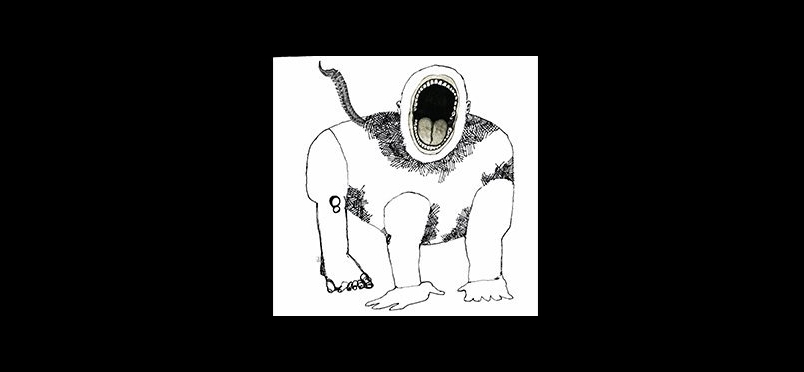| back pain
Good Placebo Responders for Treating Chronic Back Pain

Study May Enable Prediction of Appropriate Candidates for Placebo Pain Therapy
Researchers from Northwestern University report that they have identified psychological and physiological characteristics that are associated with greater responsiveness to placebo effect in the modulation of pain. Study author A. Vania Apkarian, PhD, professor of physiology at Northwestern’s Feinberg School of Medicine, commented “…[c]linicians who are treating chronic pain patients should seriously consider that some will get as good a response to a sugar pill as any other drug. They should use it and see the outcome. This opens up a whole new field." Dr. Apkarian added that the introduction of placebo need not be viewed as deceptive, advising clinicians, "You can tell them, 'I'm giving you a drug that has no physiological effect, but your brain will respond to it.' You don't need to hide it. There is a biology behind the placebo response." The findings were published earlier this month in Nature Communications.
The researchers evaluated 60 patients with chronic back pain. One group was given either an analgesic or a placebo; the other cohort received no treatment other than attending the evaluations. Subjects completed in-depth questionnaires on their pain and aspects of their personality and underwent 4 neuroimaging studies. Those patients who took placebo and reported significant pain relief were then evaluated further. The team found that this group exhibited asymmetry in their subcortical limbic system, and had a larger cortical sensory area, compared to subjects who did not respond to placebo. Strong placebo responders were also more emotionally self-aware, more mindful of their environment, and had greater sensitivity to painful situations. Dr. Apkarian noted that the findings could also have significance for the design of clinical trials, as the ability to predict which subjects will be placebo responders could enable researchers to screen them out.
Read about the study findings.
The journal abstract may be read here.
Other Categories:
Did you enjoy this article?
Subscribe to the PAINWeek Newsletter
and get our latest articles and more direct to your inbox